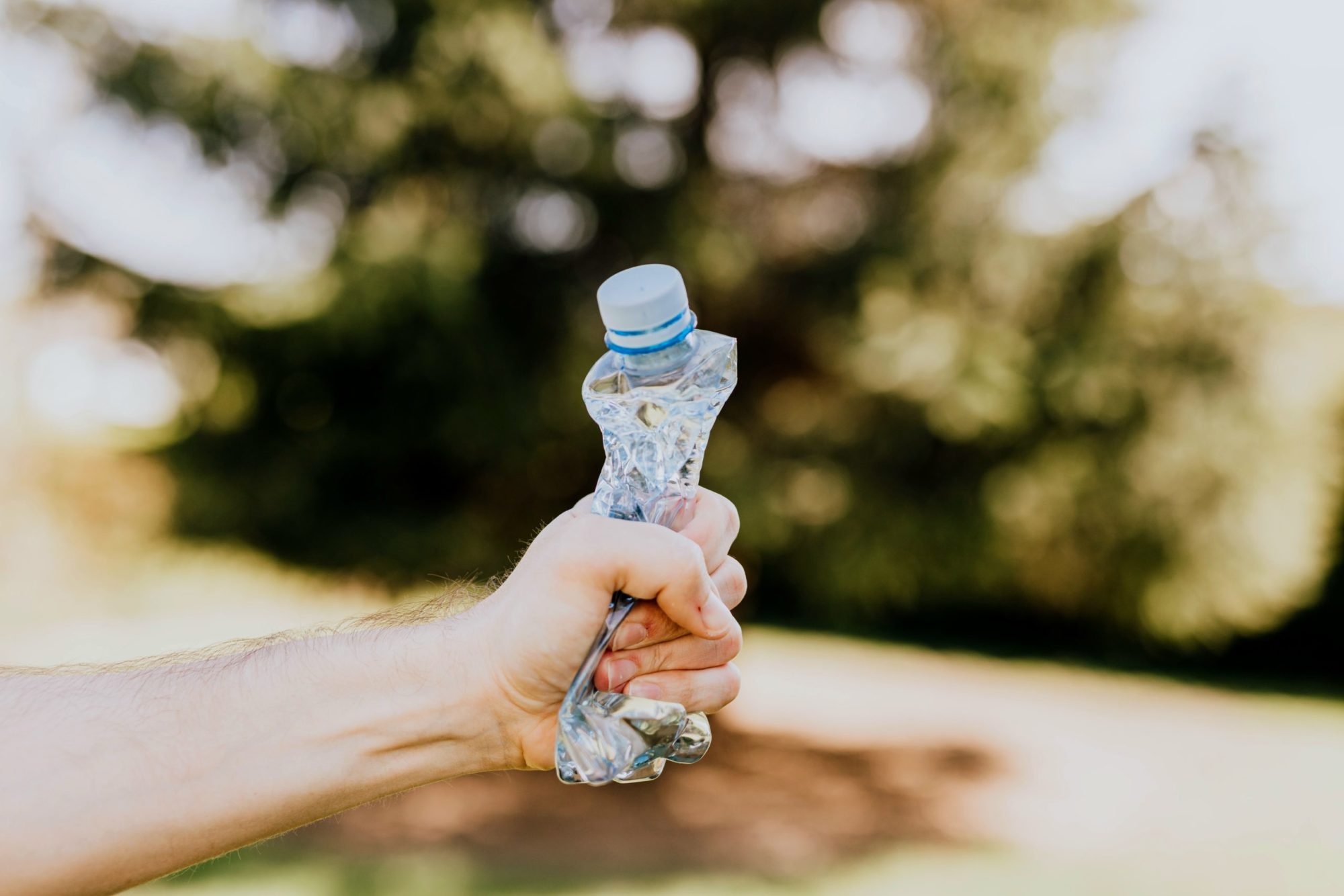Yesterday I had the distinct (read: arguable) pleasure of attending the University of Texas’ home football opener against Rice University. Getting ready for the game felt a lot like getting ready to run a marathon: fueling up with carbs, layers of sunscreen, and plenty of water.
This was a level of preparation that I haven’t previously applied to a recreational activity. And while watching the Longhorns trounce the Owls was enjoyable, the real sport was in making it past halftime–as a spectator.
It was the first college football game I’ve been to where I was allowed to bring water inside with me (one factory-sealed water bottle). Temperatures were above 100 degrees, and before I started to develop a headache, it all got me thinking.
***
Mid-way through the first half of the game, I discussed how unbearably HOT Texas has been this summer with a friend who is from the state. As a native Minnesotan, I asked whether Texans are just more accustomed to the heat, having grown up with it. She said no–this summer has been hot for everyone.
We collectively wondered why people aren’t talking about climate change more, and what a hotter future might look like. Subtle changes in the water bottle policy at an FBS football game are the tip of the iceberg as far as what it takes to survive a really, really hot summer (and fall).
***
Standing and dripping sweat through the first half of the game was thoroughly exhausting, but I couldn’t imagine playing football in 100 degree heat. While surviving the heat takes preparation and a lot of water, working in it sounds immeasurably worse.
Labor has been a hot topic this summer with increased union activity, but labor itself has also been hot– UPS drivers went their last summer without air conditioning, and farmworkers are in more danger from the heat than ever. While college football players aren’t considered employees (an article for another time), it seems like maybe it’s just too hot at 2:30 PM on a September Saturday to be playing football in full gear.
***
As we left the game, victory imminent and energy low, I noticed a pallet of plastic water bottles on the side of the road outside the stadium. While it was clearly a vendor’s inventory left unguarded, I couldn’t help but consider grabbing a bottle to bring with me into the next game. My mental preparation for the next 100-degree day had already begun.
But on a larger scale, are we ready for the enormous task of ensuring that we have enough water, and a sufficient distribution of it, to survive a hotter planet? Farmers in Minnesota would likely say no–including my grandmother, who has mentioned how little rain her crops have gotten each time I’ve called this summer. Burning Man attendees would also likely say no this weekend, as they are told to conserve food and water, and are faced with major storms.
***
I’m staying inside today, with the air conditioning on, and am finally watching Don’t Look Up. While some of its stars haven’t fared well since 2021 (looking at you two, Jonah Hill and Ariana Grande), the movie’s message is more relevant than ever–whether you’re a farmer, a festival attendee, or a college football fan.
- College Football, Ariana Grande, and Water - September 3, 2023
- Livestock and Land Use: How Are We Feeding The Planet? Impactfull April 2022 - April 19, 2022
- What Does Voluntourism Look Like? A Case Study in a Cambodian Orphanage - March 28, 2022
